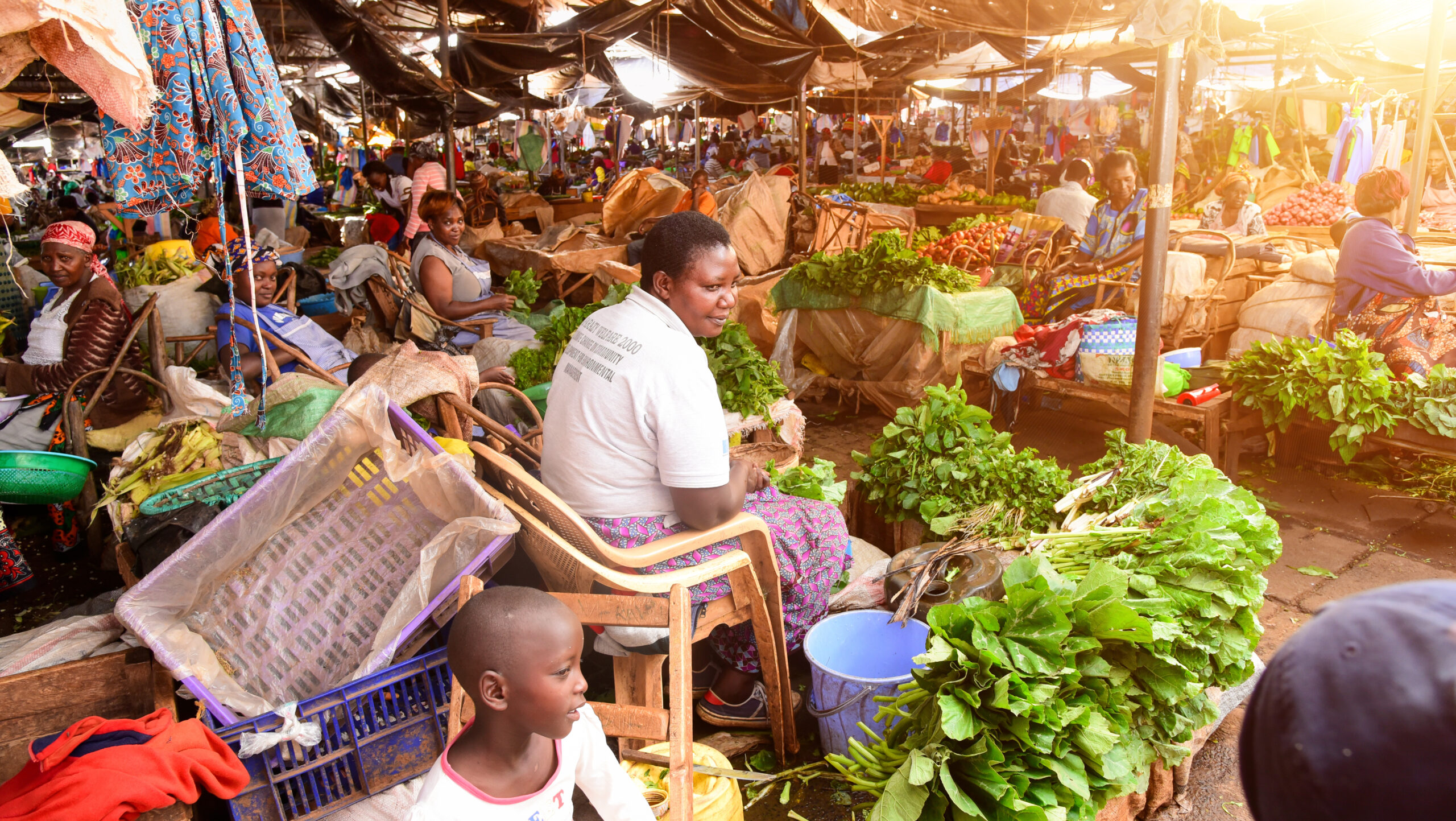Antoine Bouet is an IFPRI Senior Research Fellow.
After decades of strong growth, is China’s economy starting to show signs of a slowdown? And, if so, what would this mean for the country’s national poverty reduction campaign and for the global economy as a whole? These questions took center stage in the opening plenary session of the 16th Annual Conference on Global Economic Analysis, which took place from June 12-14 in Shanghai.
A month later, we are seeing evidence that China is indeed experiencing an economic slowdown following a 30-year period of strong economic growth, with consumer prices rising and producer prices, and thus employment levels and wages, falling. Food prices increased by 4.9 percent in June, while China’s Consumer Price Index rose 2.7 percent. Both imports and exports fell in June – something that hasn’t happened in China since 2009. A new IMF report, released on July 10, puts China’s 2013 economic growth at 7.8%, down 0.3% from previous estimates.
A slowing Chinese economy has both domestic and global implications. One of the most obvious impacts, as highlighted by Hans Timmer, Director of the Development Prospects Group at the World Bank, in his presentation at the Annual Conference, relates to poverty levels within the country. Although China’s poverty decreased during the previous period of strong economic growth, it remains high. China also remains plagued by growing income inequality. Should China’s economy continue to show signs of a slowdown, it will become even more challenging to eliminate poverty.
An economic slowdown in China will be felt throughout the world. China is an important emerging market seen by many as the driving engine of global economic recovery in recent years. A reduction in China’s economic activity could have a domino effect in other areas of the world. For instance, higher food prices in China could reduce consumer demand for more expensive foods, such as meat; this would in turn reduce China’s imports of grain for animal feed, impacting grain exporting countries, particularly those in developing regions like Latin America. Such scenarios illustrate the highly interconnected nature of agricultural trade as well as China’s central role in the global economy.
Creating sustainable long-term growth in China will have important repercussions at both the national and global levels. How the country’s policymakers address any new signs of an economic slowdown – balancing lower investments in industry with higher investments in poverty elimination and other pro-poor programs – will play a huge role in determining whether or not they are able to still meet national poverty reduction goals and continue to be a driver of global economic recovery.
IFPRI will be organizing the 2014 Annual Conference on Global Economic Analysis in Dakar, Senegal on June 18-20, 2014. The theme of next year’s event will be “New Challenges in Food Policy, Trade, and Economic Vulnerability.”
With contributions from Sara Gustafson
Related materials







